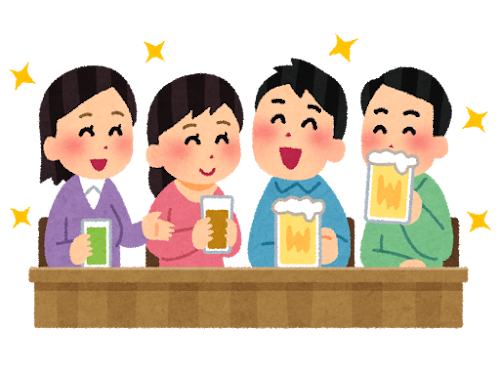- What is Japan’s public drinking culture?
- The surprising convenience of buying alcohol at convenience stores
- The reasons behind Japan’s relaxed laws
- The historical roots of Japan’s drinking culture
- Safety and its role in public drinking
- Japan vs. the rest of the world: The regulatory gap
- How drinking culture enhances Japan’s tourism appeal
- Conclusion: The traits behind Japan’s free drinking culture
What is Japan’s public drinking culture?
Enjoying a drink at train stations and parks
In Japan, it’s common to see people enjoying alcoholic beverages at train stations, parks, and festival venues. This sight often surprises visitors from other countries, where public drinking is typically restricted. For instance, during cherry blossom season, parks transform into major drinking spots. People spread out picnic mats and enjoy drinks with family or colleagues. This tradition is made possible by Japan’s deeply ingrained societal norm of respecting others and avoiding causing trouble in public spaces.
The abundance of drinking-friendly spaces
Unlike many other countries where public drinking is restricted by law, Japan allows it in numerous locations. Whether it’s sipping a drink while waiting for a train or enjoying a barbecue by the riverside, the scenes are diverse and reflective of Japan’s flexible approach to drinking in public. This openness is a defining feature of Japan’s drinking culture.

The surprising convenience of buying alcohol at convenience stores
24/7 access supports the drinking culture
Japan’s convenience stores are a haven for alcohol enthusiasts. Alcohol is available 24/7 at most convenience stores, which means there are almost no time restrictions on when you can purchase it. For instance, if you suddenly feel like having a drink late at night, you can simply head to your nearest store to grab a beer or sake. This accessibility is a hallmark of Japan’s unique culture.
A wide variety of choices
Convenience stores in Japan also boast an impressive selection of alcoholic beverages. From beer and shochu to sake and craft beers, the variety is staggering. Seasonal and limited-edition drinks add excitement to the mix. For tourists, this ease of access becomes a delightful part of their stay in Japan.
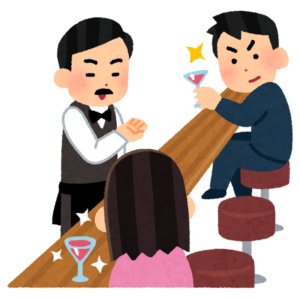
The reasons behind Japan’s relaxed laws
No laws prohibiting public drinking
Japan lacks laws explicitly prohibiting drinking in public. Instead, the focus of regulations like the Liquor Tax Act and Road Traffic Act is on public safety and behavior. For example, while drink-driving is strictly punished, drinking in parks or on the street is generally not subject to legal penalties.
A society that values social harmony
While the laws are lenient, Japan has a strong culture of social responsibility. Public behavior is guided more by moral expectations than legal enforcement. This cultural aspect ensures that public drinking rarely leads to significant problems, creating a balance between freedom and order.
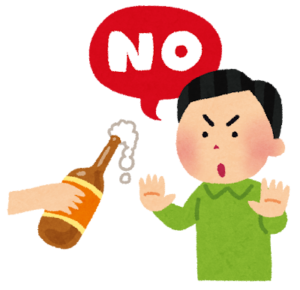
The historical roots of Japan’s drinking culture
A tradition dating back to the Edo period
Japan’s acceptance of public drinking has deep historical roots. During the Edo period, townspeople commonly enjoyed alcohol at street stalls and izakayas, immersing themselves in the lively atmosphere. Festivals and fairs were also opportunities to drink in public. These traditions have carried over into modern times, fostering today’s public drinking culture.
Influence of religious practices
In Shinto and Buddhist rituals, alcohol has long been considered sacred. This cultural and religious reverence for alcohol has naturally integrated it into daily life, making it an accepted and even celebrated part of Japanese society.
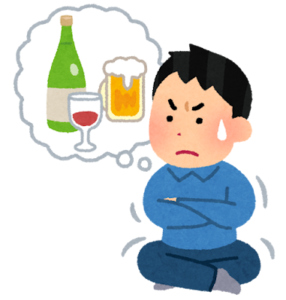
Safety and its role in public drinking
One of the safest countries in the world
Japan is known for its safety, ranking among the safest countries globally. This low crime rate is a significant factor in the prevalence of public drinking. For example, it’s not uncommon for people to enjoy drinks in parks or riversides late into the night without fear of crime—something unimaginable in many other countries.
A culture of consideration for others
The Japanese value the principle of “not inconveniencing others.” This mindset is evident in their approach to public drinking, as people make an effort to clean up after themselves and avoid creating noise or disturbances. Such attention to etiquette plays a vital role in maintaining order and harmony in public spaces.
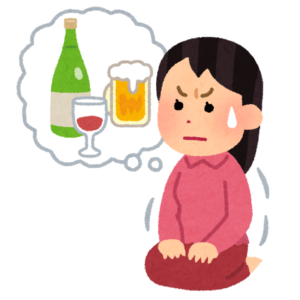
Japan vs. the rest of the world: The regulatory gap
Drinking laws in other countries
In many parts of the world, public drinking is strictly regulated. For instance, the United States enforces “open container laws,” making it illegal to carry an open alcoholic beverage in public spaces. Similarly, many European countries have designated areas for drinking to maintain public order.
Why Japan is different
In Japan, the idea of collective responsibility means there is less need for stringent legal restrictions. The emphasis is on trust and mutual respect, allowing for more freedom in public drinking.
How drinking culture enhances Japan’s tourism appeal
A unique experience for visitors
For tourists, Japan’s drinking culture is a standout feature. Many are amazed by the freedom to enjoy a drink during cherry blossom viewings or summer festivals, capturing these moments as part of their travel memories. This sense of freedom adds to Japan’s charm as a travel destination.
Regional specialties add depth
Japan’s diverse regions offer unique alcoholic beverages. Kyoto is famous for its sake, while Okinawa is known for awamori. These regional specialties attract tourists eager to experience the local culture. “Sake tours” and other alcohol-themed activities are becoming increasingly popular among visitors.
Conclusion: The traits behind Japan’s free drinking culture
Japan’s relaxed attitude toward public drinking is supported by a blend of historical traditions, cultural norms, and societal trust. This freedom is a significant part of the country’s appeal to both residents and tourists. However, maintaining this unique culture depends on individuals practicing moderation and responsibility. By upholding these values, Japan can continue to proudly showcase its distinctive drinking culture to the world.

